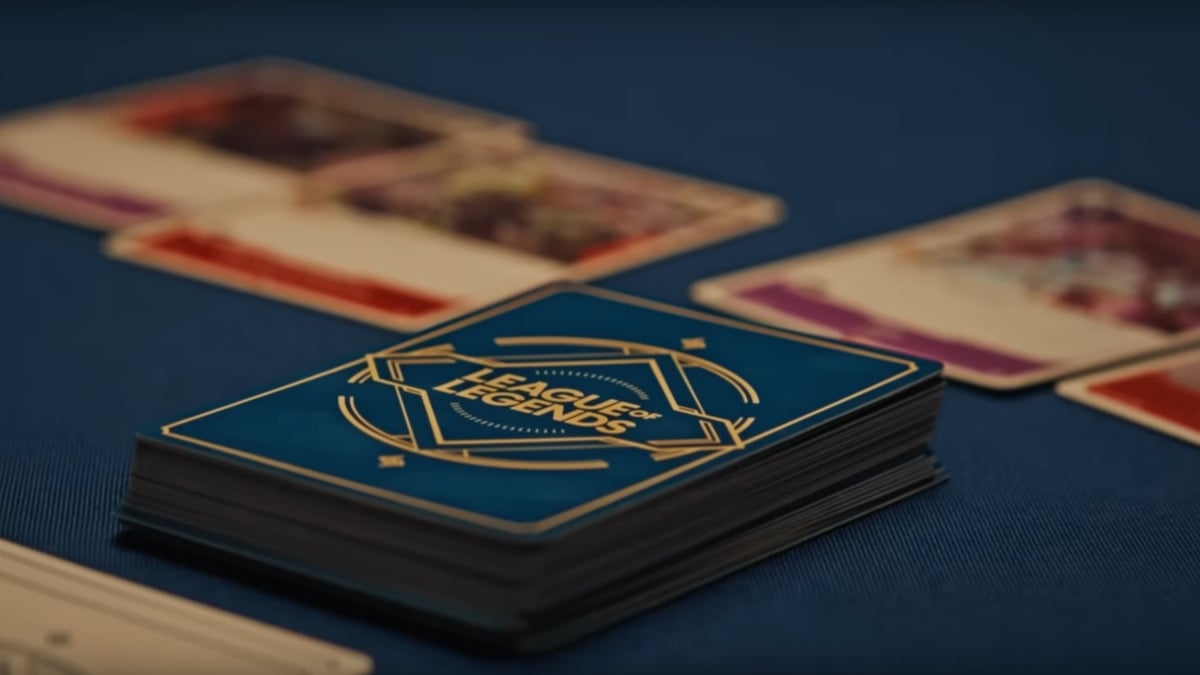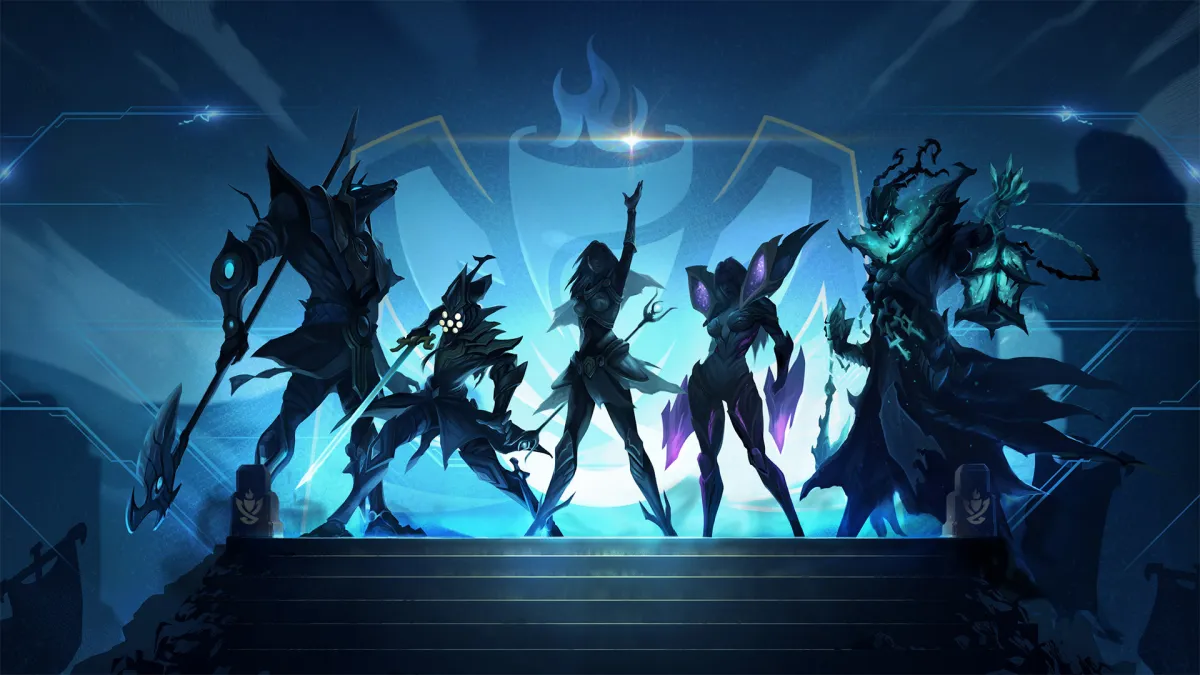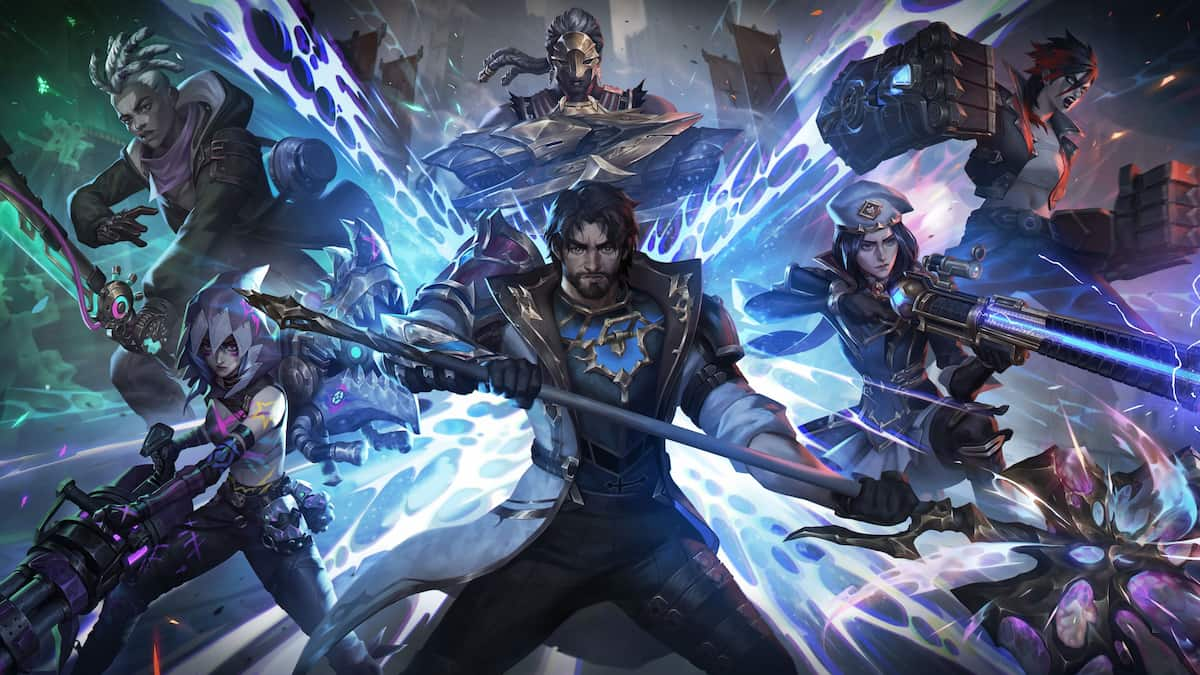As League of Legends continues to grow at a rapid rate, the popularity of the League Championship Series (LCS) also grows along with it. Particularly over the recent year, multiple comparisons between traditional sports and e-sports have been made. These range from practice regimes for teams and individual players to viewership of both side’s biggest events, however one comparison is yet to be made. That comparison is the rivalries in both e-sports and traditional sports.
Traditional sports have some legendary, long standing rivalries across multiple sports. From the El Clásico of Real Madrid vs Barcelona in Spanish Football (Soccer) to the L.A. Lakers vs the Boston Celtics in NBA to the New York Yankees vs the Boston Red Sox in Major League Baseball. Of course there are also International rivalries in sports including Europe vs America in The Ryder Cup (Golf), Australia vs New Zealand in Rugby and England vs Australia in Cricket among many others. Most, if not all, rivalries in traditional sports have been going for decades with some going back as far as over a century ago. These rivalries have begun for various reasons including individual players jumping from one team to another and multiple teams coming from the same City/State. All rivalries serve a purpose to add a little extra flavour to those specific games. “Bragging rights” are often on the line both for the teams and the fans and the players will always seem to go the extra mile in these games to make the fans happy.
League of Legends has some noteable rivalries of their own when it comes to the LCS but the question is, just how important are these rivalries?

Almost all LCS fans know of the infamous rivalry between North American teams CLG and TSM. Here is a rivalry that was born and bred within League of Legends itself. CLG team owner George “HotshotGG” Georgallidis and TSM team owner Andy “Reginald” Dinh began their LoL career on the same team. This team was relatively short lived as the two players had conflicting ideas about how a team should be run. This led to the pair splitting and creating their own teams. Back in the day CLG and TSM were the prime teams of North America, regularly fighting at major domestic tournaments to decide which team was truly the best team in NA. Many heated words were exchanged between Reginald and HotshotGG over the years which only served to fuel the fire of this rivalry further. As time passed both team owners stepped down as players in order to fill the role of team owner for their respective organisation full time, however the rivalry between the teams themselves remained alive and well through both sides fans as well as the “extensive” history these teams had. This has developed into the biggest rivalry in League of Legends today and shows no sign of stopping anytime soon as each new player recruited by either team gets straight into the thick of it once the teams clash. Of course, none of this is diminished by the constant back and forth word wars on Twitter between Reginald and HotshotGG. While this rivalry is less so about the teams and more so about the owners, LCS fans and fans of both teams alike have all been rewarded for the hype surrounding each game that these teams meet.

Not to be outdone, Europe has it’s own longstanding LCS rivalry between Fnatic and SK Gaming. Both organisations were not born inside League of Legends unlike CLG and TSM, they were well established organisations with experience in various other games before jumping on the League of Legends hype train. With both organisations being around e-sports for some time already, both sides jumped into LoL very early on and have been facing off against each other since the Season 1 Qualifiers for the World Championships. With both teams playing against each other and being on the scene for so many years it was natural that they would pick up quite a large fan base. Both teams were helped by their respective charasmatic mid laners Ocelote (SK) and xPeke (Fnatic). These two Spanish players were titans of the mid lane in the early days of League and watching them play against each other was almost always guaranteed to impress and inspire those that watched.The hype was steadily building before surging at Intel Extreme Masters (IEM) Katowice in 2013. What came between these two teams is possibly the biggest moment in professional League of Legends history to date. In a best of 3 series SK Gaming and Fnatic were tied at 1-1 with a tense 3rd game on their hands. Over 50 minutes in the game saw xPeke alone inside SK’s base with Kassadin backdooring the Nexus against Kevin’s Olaf. It was in this moment that the SK Gaming vs Fnatic matchup was coined El Clásico after the biggest football rivalry in the world between Real Madrid and Barcelona. From here on out, every LCS game between these two teams was highly anticipated.
Outside of these two examples, there aren’t really any other long standing League of Legends or LCS rivalries to speak of. Nothing that we could compare to the rivalries of traditional sports by any means, however this isn’t necessarily a bad thing as something else has taken its place. Something which, in my opinion, is better to serve the growth of the LCS. Short term, standings based rivalries. Some of the best examples come from the summer split we have just had. In Europe, Fnatic had been dominating all of their competition while SK Gaming had been failing to perform in the vast majority of their games. This led to ‘El Clásico’ not generating all the hype it deserved as the result looked like a foregone conclusion before the week of the game had even arrived. Instead we looked to newer teams like H2K and Origen. Aside from Fnatic, these two teams were looking very strong, certainly a cut above the rest of the competition and the standings reflected that as the split went on with a large gap seperating Fnatic, H2K and Origen from all the other LCS teams. Both H2K and Origen were thought to be capable of toppling the monolith that was Fnatic but as a side effect, this created a short term rivalry of its own between these two teams. While neither team was able to beat Fnatic in the end, the hype generated for battles between these three teams was very well earned towards the end of the split and fans were not disappointed.
So how important are these kinds of short term rivalries and who do they benefit? Any rivalry is super important for the LCS in general. It’s these rivalries that generate the hype and excitement around the games and hype is highly contagious. This is what gets old and new fans alike invested in the games being played and also invested in the teams playing. So while the LCS itself gets more viewership, the teams are also benefitting from their own rivalries due to getting more exposure from segments done by Riot in the pre-game. These segments allow the viewers a little closer to the personalities of the individual players on a team which can generate fans for those players and teams in turn. More fans means more merchandise sales which means a more stable organisation that can invest more money into League of Legends, thus growing the LCS further. Another benefit of these temporary rivalries is purely due to league size. Looking at traditional sports and their rivalries all of the leagues are quite expansive with as many 20+ teams. With the LCS only containing 10 teams if each team was to have their own long standing rivalry to the extent of TSM vs CLG then such occassions would no longer be special as these games would appear so often over the course of a season. Whereas the standings based rivalries are subject to change from one split to the next. Just look at TSM vs C9. When C9 came onto the scene, TSM had a new rival and we were graced with almost two seasons of games between these two teams. Yet in this summer split, Cloud 9 underwent changes to their roster and have not looked like the same team that was once challenging for 1st place in North America. This has somewhat diminished the rivalry between these two teams but both teams have gone on to form new rivalries based on their standings, thus keeping the league fresh and exciting.
Most of all, rivalries are important to the fans. Not only as a source of hype and excitement but rivalries can give the fans a reason to cheer. In e-sports we are in a very sweet spot when it comes to fandom right now. Everyone will cheer for their favorite team in any given game and many people will even have their own favorite team who they will watch compete every week without fail but at no point has any of this yet devolved into booing the opposition like in traditional sports. E-sports remains friendly and non conflictive which serves a great purpose in growing, not just League of Legends and the LCS, but e-sports as a whole. It’s this kind of overwhelming positive atmosphere, in particular in big arenas for international events like MSI and Worlds, that allows the veteran fans to draw in the newer fans and help them get fully engaged in the excitement. All Riot can do in this situation is help put fuel on the fire of rivalries through interview segments (in particular see TSM vs CLG) and analysis. After that, they have to hope they’ve done a good enough job that the fans take over and carry the rest of the hype themselves. Riot and the LCS teams may make the rivalries but it’s the fans that keep them alive.
All rivalries in e-sports are made by and for the fans. We want to get excited about the games we watch and we want to become fully invested in big name games in a season, regardless of what game it is we are watching. Ultimately, e-sports is in its infancy and there is still a lot of time yet for organisations to grow and develop rivalries of their own spanning across multiple games. Rivalries aren’t just important to the LCS and League of Legends alone. They’re important to the growth of e-sports as a whole and, as gamers, we will do everything in our power to see it continue to grow.






Published: Jul 25, 2015 11:52 am